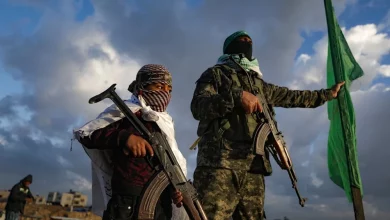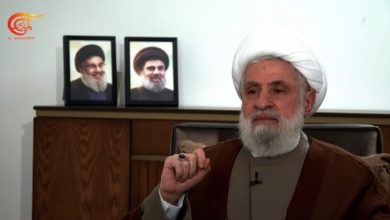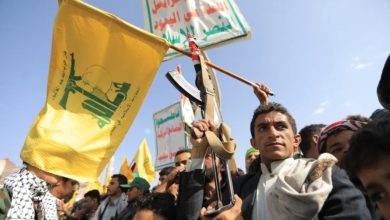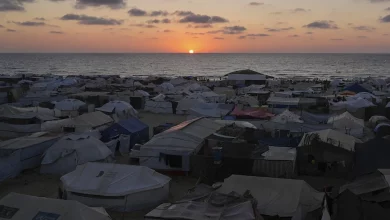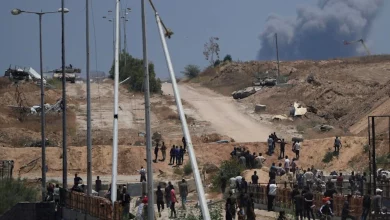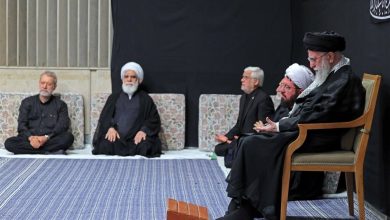Knowledge-Based Company in Iran Produces Home-Made Oxygen Concentrator for Coronavirus Patients
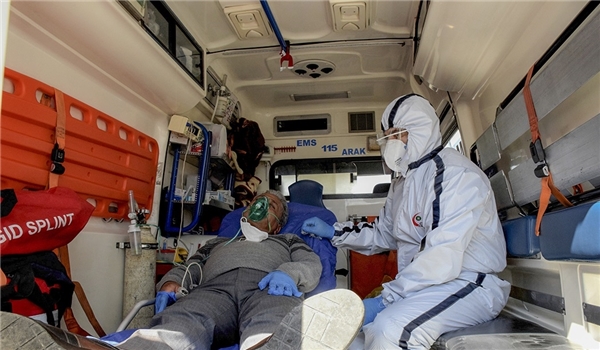
Iranian knowledge-based Zist Tajhiz Danesh company indigenized production of oxygen concentration systems to help the treatment of coronavirus patients.
The company which is affiliated to the Executive Headquarters of Imam Khomeini’s Directive (Setad), supervised by Supreme Leader of the Islamic Revolution Ayatollah Seyed Ali Khamenei’s office, is capable of manufacturing home-made oxygen concentrators and has activated its workers for 3 shifts to speed up production.
Meantime, researchers in Sirjan city in the Southeastern Kerman province have made a makeshift hall that is attached to the entrance of buildings and offices to disinfect outcomers’ clothes and shoes.
Other researchers, knowledge-based companies and private sector plants across Iran are also working to produce the needed health and hygiene products, including diagnosis kits, masks and disinfectants, to intensify the country’s battle against the deadly virus.
Deputy Commander of the Islamic Revolution Guards Corps base in the Northern city of Rasht Mohsen Jafari told FNA on Monday that the IRGC forces sterilize 10 governmental offices which have a large number of clients on a daily basis.
“We also produce 1,500 masks by over 200 Basij (volunteer) forces every day and provide it to the hygiene centers,” he added.
Also, researchers at Islamic Azad University in Lahijan in Northern Iran found the formula to produce material used for disinfection of hands.
The formula is based on ethanol, glycinin and hydrogen peroxide. Large amounts of the disinfectant have been produced and they will be distributed among the poor people and those who are in large contact with the crowd, including bakers and taxi drivers.
Another measure adopted by the health officials is deployment of health workers at the entrances of cities and towns of different provinces, including the capital city of Tehran, to identify passengers who are infected with COVID-19 virus by thermal screening.
Deputy Head of Iran’s Red Crescent Society Bahman Sobhani said that 1.5mln people have been screened by 3,200 volunteer forces cooperating with the society across the country.
He also added that 10,000 masks and 10,000 liters of disinfecting materials are being produced each day by the companies active under the Red Crescent’s supervision, promising to increase the amount.
Officials in East Azarbaijan province said on Monday that as a result of implementing the plan for the thermal screening of passengers at the entrance of the province, some 53 people suspected of infection with coronavirus have been identified and referred to medical centers.
Also, authorities in the Northeastern province of Semnan turned the hotel which earlier hosted the athletes in Shahroud city into a center to keep the coronavirus patients who are recovering from the disease.
They have also decided to adopt similar measures in the two other towns of the province, Garmsar and Damqan.
Meantime, promising reports from many Iranian provinces, including Semnan, North Khorassan and Hormozgan, also said that hundreds of coronavirus patients have recovered and been discharged from hospital.
Novel coronavirus, or COVID-19, is a new respiratory disease first identified in the central Chinese city of Wuhan late last year. The World Health Organization on Wednesday described the outbreak as a pandemic.
According to the latest reports, the novel coronavirus, officially known as COVID-19, has infected over 171,000 people in the world, claiming more than 6,500 lives.
The Iranian health ministry announced on Monday that the number of coronavirus patients in the country has increased to 14,991, while the death toll rose to 853 people. A sum of 4,996 coronavirus patients have also recovered so far.
Last Wednesday, the Iranian foreign ministry declared that despite Washington’s claims of cooperation to transfer drugs to Iran via the new Swiss-launched payment mechanism, the US is troubling the process amid the coronavirus outbreak in the country.
Although US claims that medicines and medical equipment are not under sanctions, they have practically blocked the transfer of Iran’s financial resources in other countries into the Swiss Humanitarian Trade Arrangement (SHTA), Iranian Foreign Ministry Spokesman Seyed Abbas Mousavi said.
As the death toll from the virus surges, Iran intensifies its preventive safety measures. Closures of schools and universities have been extended for the next two weeks.
The government also imposed travel restrictions, specially on Iran’s north, which is among the red zones. The country has also adopted strict digital health control procedures at airports to spot possible infections.
Health Minister Saeed Namaki announced earlier this month that a new national mobilization plan would be implemented across the country to fight against the coronavirus epidemic and more effectively treat patients.
Namaki said that the plan will include all the 17,000 health centers and the 9,000 medical and clinical centers in all cities, suburban areas and villages.
He added that the plan will include home quarantine, noting that infected people will receive the necessary medicines and advice, but they are asked to stay at home.
Namaki said that people with a more serious condition will stay at the hospitals, adding that the public places will be disinfected, the entries of infected towns and cities will be controlled to diagnose and quarantine the infected cases.
He added that the necessary equipment and facilities have been provided, expressing the hope that the epidemic would be curbed.
Namaki said that the number of medical laboratories to test coronavirus infection has reached 22, and will increase to 40 soon.
The World Health Organization (WHO) says Iran’s response to the virus has so far been up to the mark. Still, it says the US sanctions are a big challenge, and Washington would be complicit in the rising death toll in Iran if it would not remove its sanctions.
The World Health Organization has considered priorities in combating coronavirus and Islamic Republic of Iran obeys and follows up priorities as defined by WHO.
The WHO is dispatching separate delegations to all countries.

